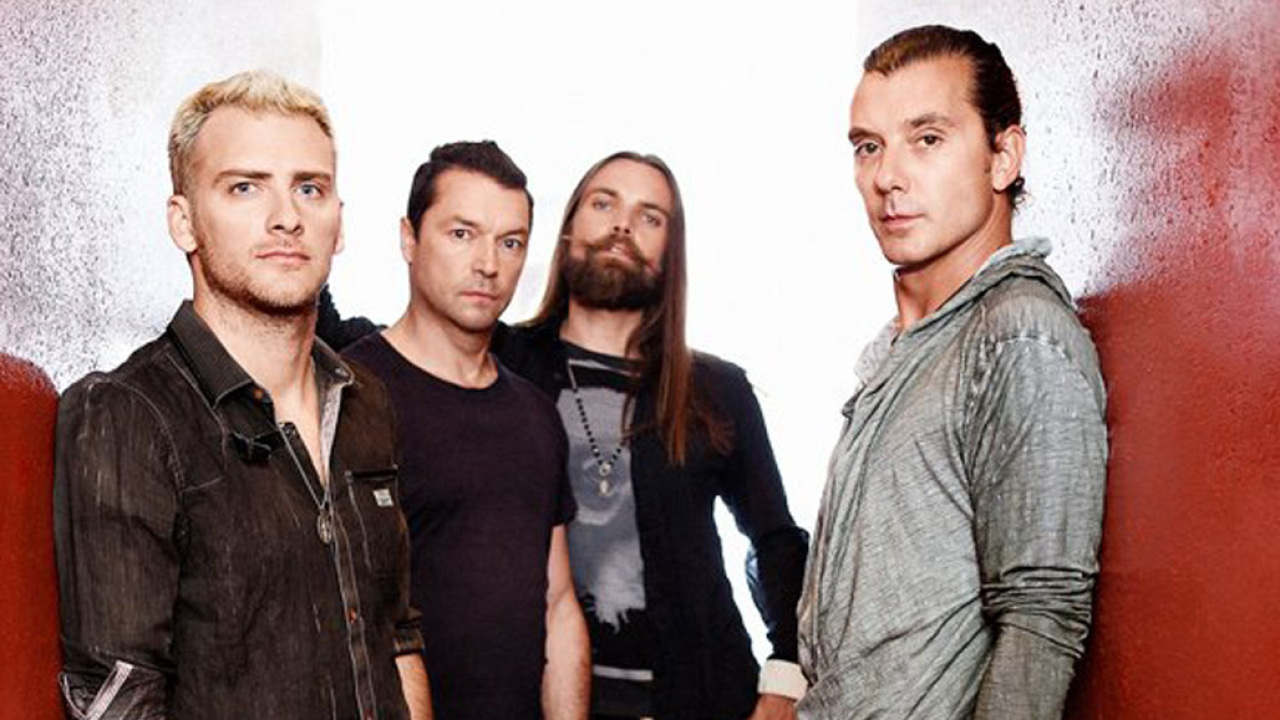Bush have been critically reviled as much as they were once publicly revered. Twenty years on from the enormous success of Sixteen Stone, is anything different? Here's what we learned from the post-grunge quartet's second album in 13 years.
They’ve spent an entire career shrugging off critical opprobrium.
In many ways kicking boys for a generation, Rossdale and co. have never truly been forgiven for cherry-picking the angst and edge from grunge and giving it a corporate, mainstream-friendly makeover. It could be pointed out that Nirvana spent the majority of their career in the mainstream, although the fact that this was incidental rather than designed is the key argument here.
Success creates distance.
While it’s churlish - not to mention cheap - to damn a man for model-like good looks, a celebrity partner, huge wealth and fame, it does present the perennial problem of relating to the everyman from a rarefied bubble. Even if sincere, lyrics like “this loneliness is a killer” and ‘I feel the walls closing in’ reek of generic platitudes painted with a broad brush, designed to appeal to a universal lowest common denominator. The fact Rossdale has recently joined the US version of The Voice as his wife’s vocal mentor does little to negate this viewpoint, nor bolster any remaining credibility.
The album has its moments, but is weighed down by filler.
There’s no doubting the band’s knack with anthemic melody, binary dynamics and rasping emotion, best exemplified here on The Only Way Out (though it bears more than a passing resemblance to Stereophonics’ Dakota). Likewise, slower-paced Eye Of The Storm gets close to arena-chanting status, yet ultimately remains one-trick and ideas-short. The overall effect is that of a clutch of half-decent songs afloat on a sea of mediocrity in search of lost companions.
It’s not entirely clear how relevant Bush are in 2014.
Bush have form when it comes to accusations of bandwagon jumping and zeitgeist chasing; perhaps most notably in parachuting in Steve Albini for some Surfer Rosa/In Utero cred on 1996’s Razorblade Suitcase. There’s a seam of late 90s electronica and an occasional light industrial/garage feel to be found throughout, which, while providing a sprinkle of fairy dust to the weaker tracks, largely feels anachronistic and worse, dated.
Where did it all go wrong?
There’s a strong argument to bear that it hasn’t. Although it’s decidedly also-ran in comparison to their mid 90s output, by no means is it awful. It’s just that musical landscapes move ever on, and playing catch up from a distance creates its own particular pitfalls.

